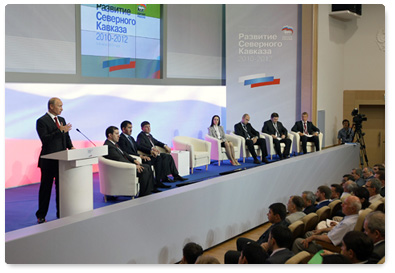Restrictive Covenants in Russian Employment
페이지 정보

본문
In Russia, non-compete agreements, known as 'ogranichenie konkurentsii,' have been in use for a long time, mostly favored by international companies. These agreements restrict an employee's ability to work for a rival company, possess or disclose confidential information, or engage in similar business practices after leaving the company. However, these agreements often raised questions regarding their enforceability and validity.
The Russian government has implemented significant modifications aimed at protecting entrepreneurship and fair market dynamics. In 2019, the government passed a law allowing employees to sign employment contracts. However, these agreements were also limited to particular areas and required strict conditions for implementation. The law stipulates that the restrictions on an employee's activities must be justifiable top-10 translation agencies in Moscow terms of time and extent and cannot last more than two years after the employee leaves the company.
Furthermore, the law introduced stricter requirements for employment contracts. Employers must provide detailed data to employees before signing such agreements, including the terms, length, and extent. The employer must also obtain written agreement from the employee confirming that they understand the conditions of the contract. If an employer fails to comply with these requirements, the employee may void the agreement.
Russian courts have taken a relatively conservative stance on upholding non-compete agreements. Courts generally consider whether the restrictions imposed on an employee are reasonable and if they serve the legitimate interests of the employer. If the restrictions are deemed unreasonable or overly extensive, the court may refuse to enforce them.
The trend in international companies operating in Russia is to adopt a more judicious approach to restrictive covenants. These companies avoid binding employees to non-compete agreements as much as possible or choose more flexible arrangements. This shift has sparked argument in the commercial community about whether employment contracts add worth in Russia or merely create superfluous challenges.
In recent years, there has been an increase in disputes between employers and former employees over the effectiveness of employment contracts. This rise in litigation has led some Russian law experts to argue that restrictive covenants may be more of a obstacle to Russian companies' competitiveness than a protective measure.
It remains unclear whether Russia's anti-trust regulations will ultimately eliminate non-compete agreements altogether. However, with the current law requiring employers to adhere to strict standards, it's evident that employees possess significant power to challenge restrictive covenants in court. As Russian employment law evolves, businesses and employees will need to navigate the complexities of restrictive covenants carefully to avoid disputes and dispute.

- 이전글무료예능【링크공원.com】 문라이트 다시보기 25.07.29
- 다음글카마그라 부작용【w45.top】 25.07.29
댓글목록
등록된 댓글이 없습니다.



